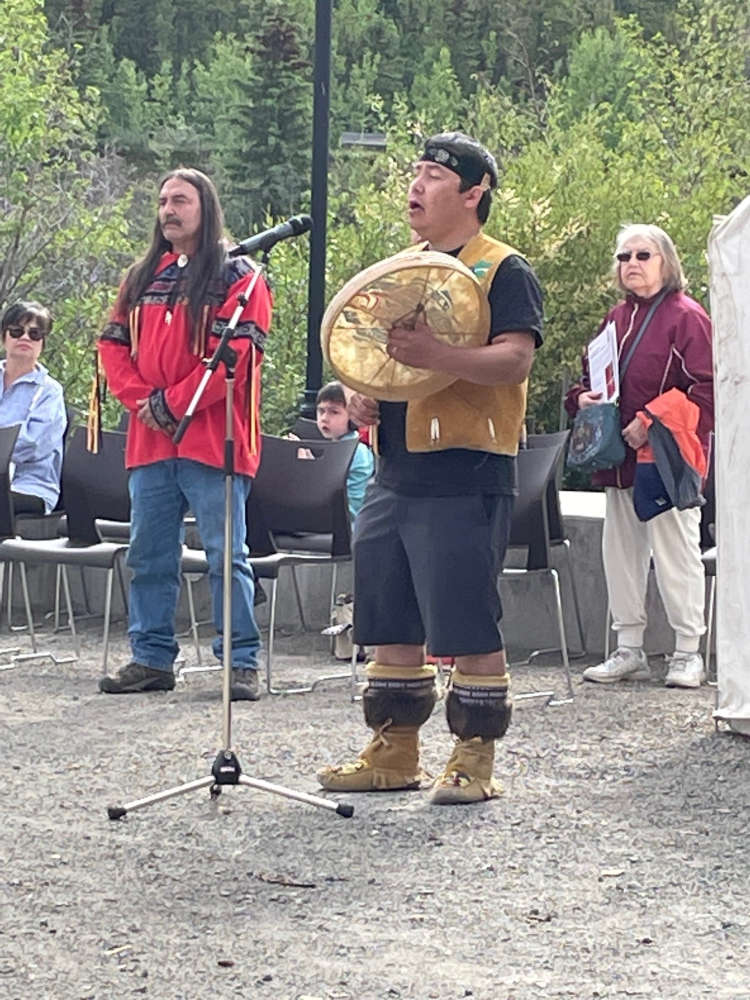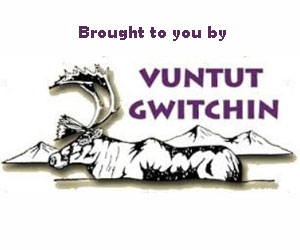
"As these numbers continue to grow so too does the burden of grief and unimaginable losses felt throughout our Territory," says the Yukon's coroner.
The Yukon Coroner’s Service says that the territory is on a “frightening trajectory” as it now leads the country in opioid deaths.
A report issued today by the coroner cites national data gathered from Chief Coroner and Chief Medical Examiner offices across Canada. The numbers represent deaths per a population of 100,000 and are calculated as a “crude rate.” The Yukon’s crude rate is currently 48.4 deaths due to opioids per 100,000 people, that’s the highest in Canada. The coroner’s service says that British Columbia has consistently had the most opioid deaths in the country, but the province’s crude rate is now lower than the Yukon’s, at 40.4. The national crude rate is 19.4.
The report finds that as of November 26, 21 people in the Yukon have died from toxic illicit drug use this year. Out of those 21, every death involved opioids in various forms of fentanyl and many also involved cocaine. The coroner’s service says alcohol and benzodiazepines, commonly referred to as benzos, were also seen in some fatalities. According to the report, since the opioid crisis came to the Yukon in the spring of 2016, there have been 54 deaths, 85 percent of which involved fentanyl. 10 others have died from non-opioid overdoses, for a total of 64 over dose deaths since the spring of 2016.
32 of those overdose deaths have occurred since the COVID-19 pandemic began in March of 2020, 29 of those involved opioids and only one was not fentanyl related. The report says that 73 percent of those deaths happened since January and numbers have been increasing over the past three months.
Most of the deaths are happening to people alone in their homes. The report notes that the rise in deaths needs to be seen as a medical crisis and there is not a part of society that is unaffected. Young people just out of their teenage years and people in their 70s are among the dead.
According to the Yukon Coroner’s Service, the drug supply in the territory has become more toxic and unstable. As a result, Naloxone appears to be less effective at reversing overdoses.
What is being done?
The territory is trying to fight back. In September, the first ever supervised drug consumption site in the north opened in downtown Whitehorse. It provides a safe and hygienic environment for people to use drugs under the watchful eye of qualified medical professionals, led by Blood Ties Four Directions. It has five booths with paramedics and nurses near by, where people can inject, ingest, or snort their substances.
Last month the government of Yukon announced that they are working to expand access to a medically prescribed safe supply of opioids. This afternoon in the legislature, Vuntut Gwitchin MLA Annie Blake said that the supply hasn’t made it to communities outside of Whitehorse. She wants to see communities get access to a safe drug supply by the end of the year. Minister of Health and Social Services Tracey Anne-McPhee admitted in her reply that the government’s response to the opioid crisis has not been adequate.
“There’s lots of opportunity for people to reach out for help,” said McPhee.
“It doesn’t matter if we’re not reaching them where they are or if there is not an opportunity for them to reach out for help when they need it in an emergency situation,” McPhee added.
Earlier in the afternoon, McPhee responded to a petition urging the government to declare a state of emergency in Mayo to address substance abuse in the community. She said a “coordinated urgent” response is required.
“Consideration of a state of emergency is only an option if it would provide additional tools to protect Yukoners,” said McPhee.
“Our government is working with our partners and all government departments noted in the petition to hold a mental wellness summit where participants can identify meaningful solutions, including health, wellness, and law enforcement solutions and a path forward together,” McPhee continued.
Also in the legislature this afternoon, Blake tabled a motion urging the government to decriminalize personal use of all illegal drugs in the Yukon. That’s a move first made by Portugal in 2001. According to an article published by The Guardian in 2017, it resulted in a reduction in overdose deaths. The Yukon will have to wait and see if Blake’s motion makes it though the house.
“This needs to be a multi government approach. We look forward to working with the town of Mayo, its citizens, and Na-Cho Nyak Dun First Nation,” said McPhee during today’s question period. That togetherness is something that the Yukon’s Chief Coroner Heather Jones agrees with.
“In these extraordinarily challenging times we need to dig deep to find that important element of kindness; to hold each other up. It is my belief and hope that when working together we can much better honour the voices heard through these deaths and work with greater strength towards making the necessary difference,” said Jones in the new report.
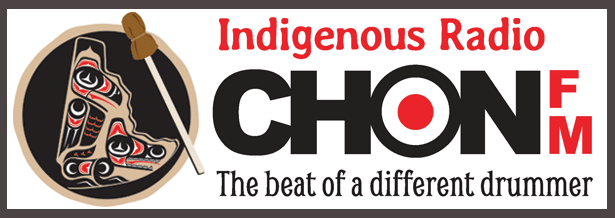
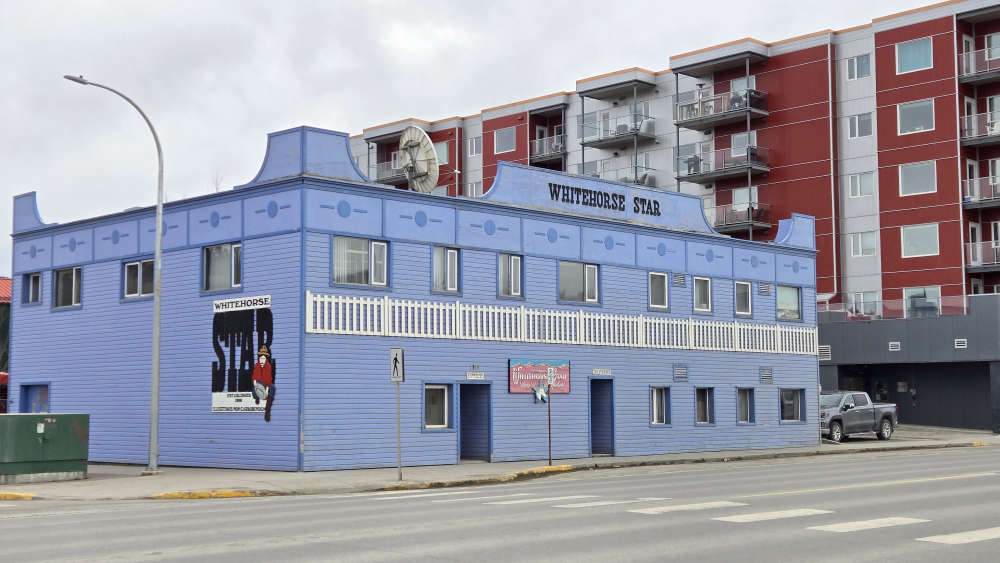 The end of one Star sparks the birth of another
The end of one Star sparks the birth of another
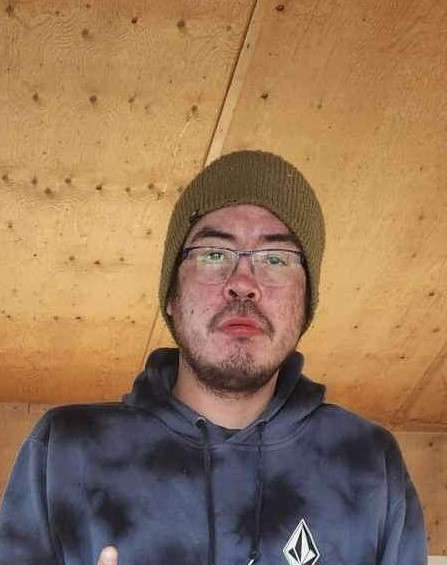 UPDATE: Missing First Nations Haines Junction residents located
UPDATE: Missing First Nations Haines Junction residents located
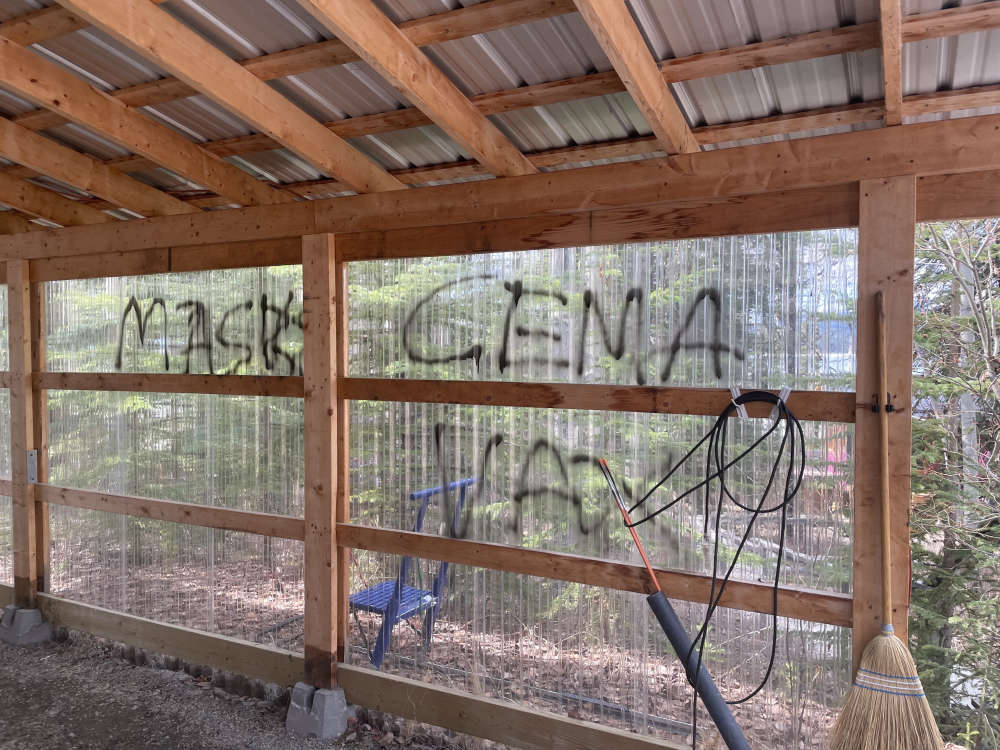 Minister's home vandalized with threats and profanity
Minister's home vandalized with threats and profanity
 Whitehorse Community Thrift Store donates $100K to community organizations.
Whitehorse Community Thrift Store donates $100K to community organizations.
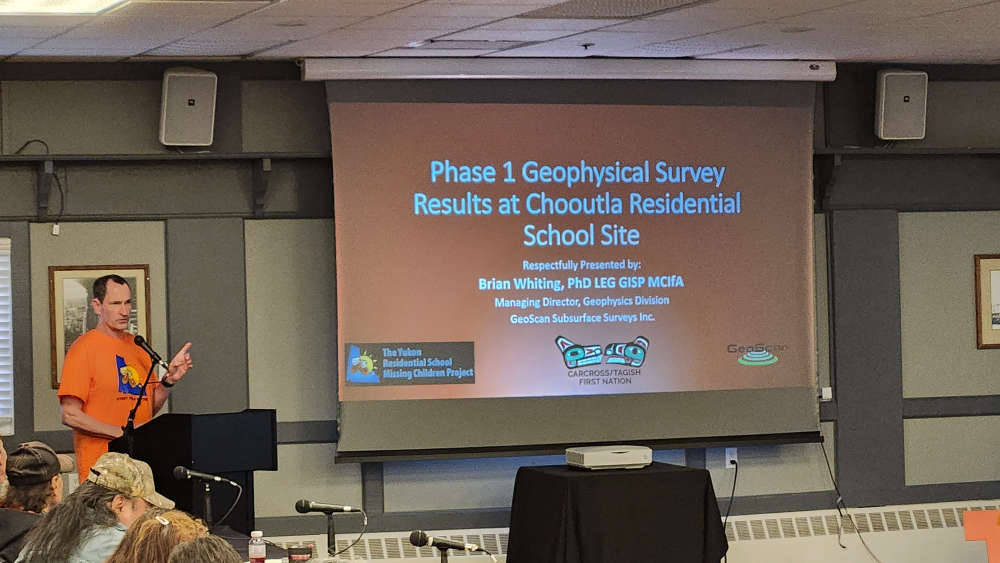 Whitehorse residential school ground searches completed
Whitehorse residential school ground searches completed
 Arrested parent accuses department of Education of escalating matters at Holy Family School
Arrested parent accuses department of Education of escalating matters at Holy Family School
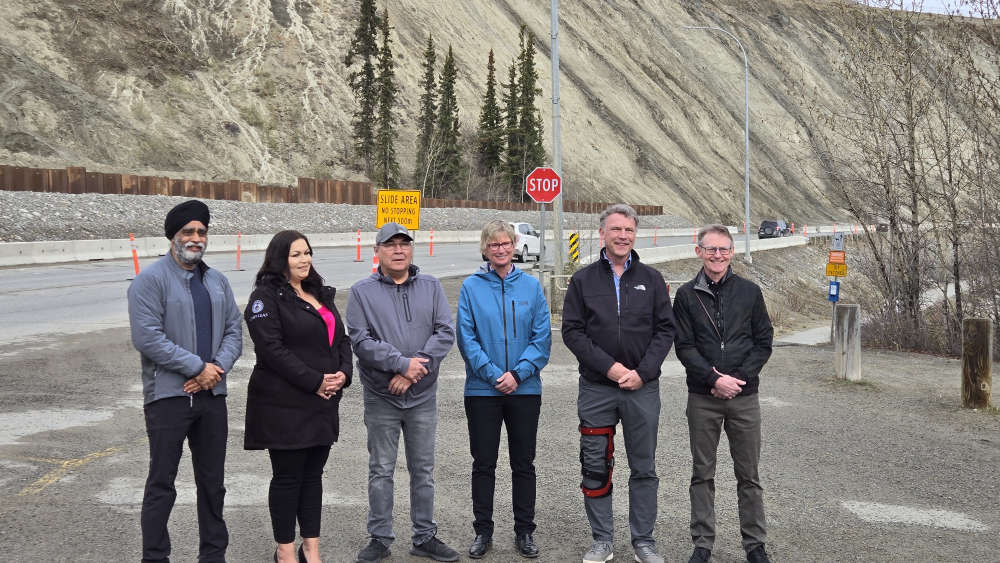 Government of Canada announce over $45M to protect Whitehorse Escarpment and Robert Service Way
Government of Canada announce over $45M to protect Whitehorse Escarpment and Robert Service Way
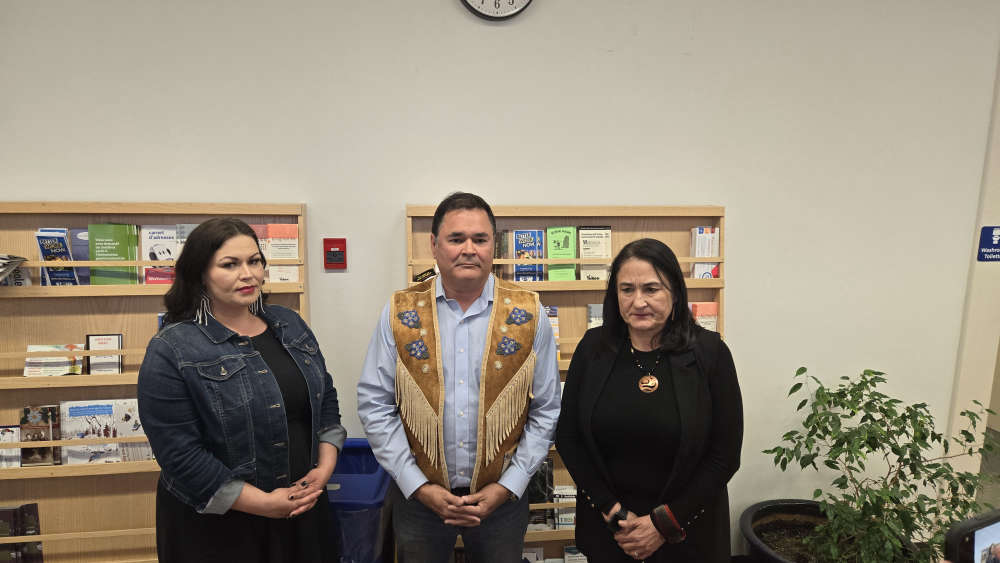 Yukon government passes Health Authority Act
Yukon government passes Health Authority Act
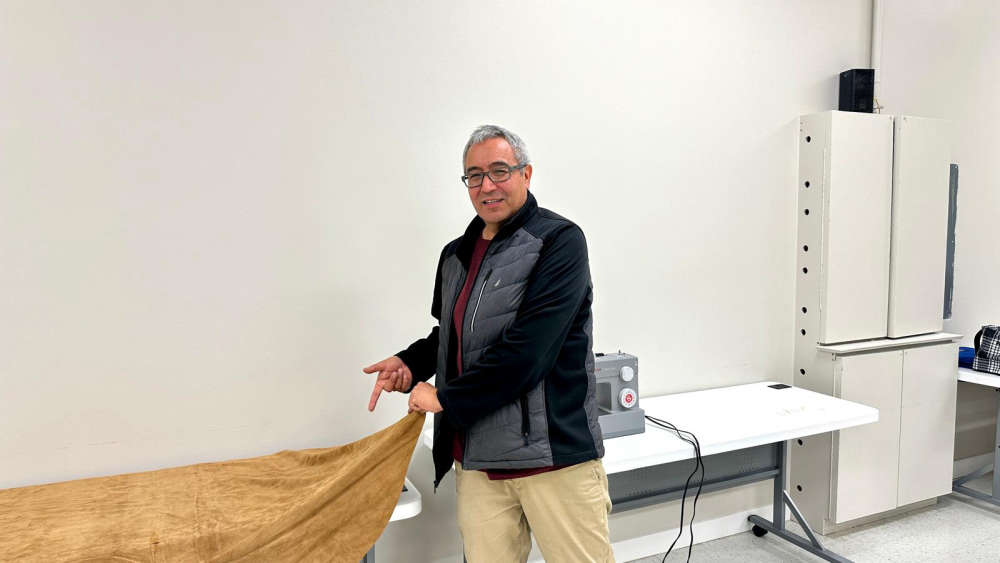 Regalia workshop for special traditional occasions holds in Whitehorse
Regalia workshop for special traditional occasions holds in Whitehorse
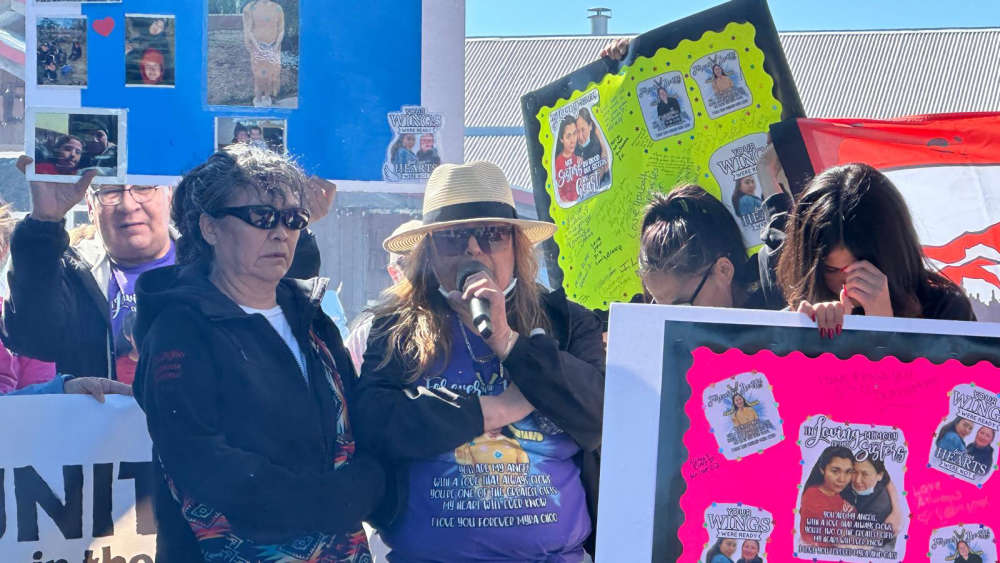 Unity in the Community Walk for four Yukon women who died at the Whitehorse Emergency Shelter held in Whitehorse
Unity in the Community Walk for four Yukon women who died at the Whitehorse Emergency Shelter held in Whitehorse
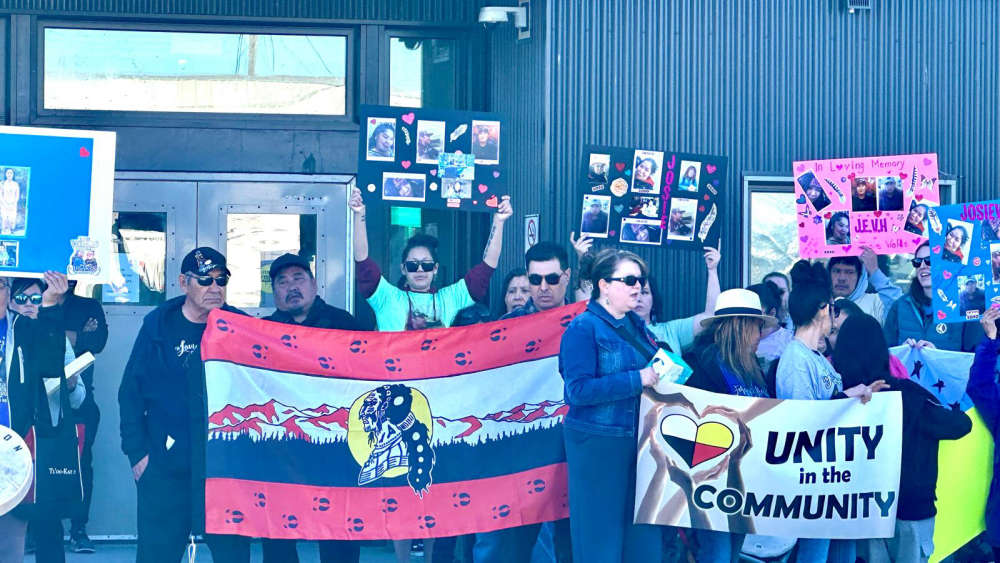 Testimony hearing into the deaths of four Yukon women comes to an end.
Testimony hearing into the deaths of four Yukon women comes to an end.
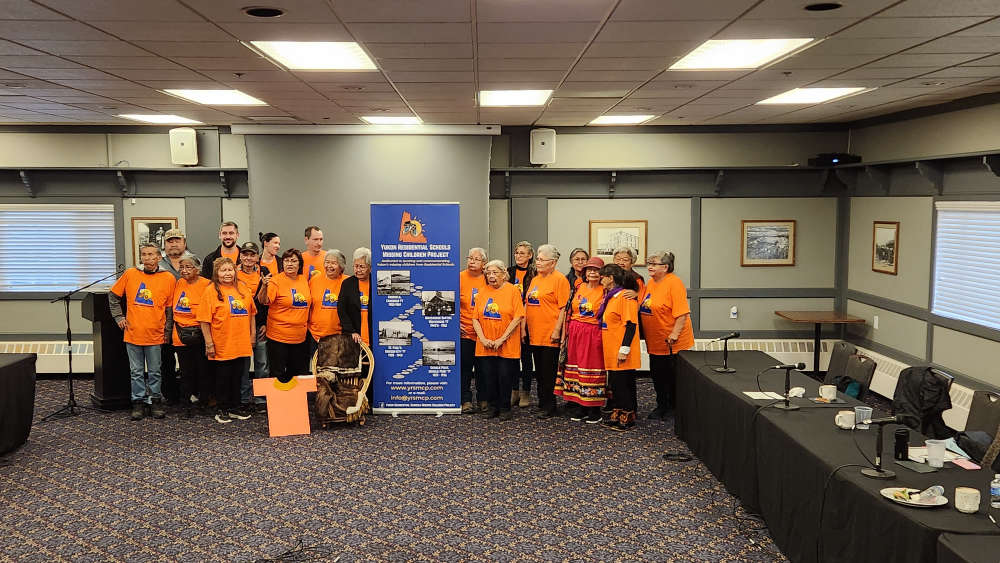 Ground searches at two former Whitehorse residential school sites begin this week
Ground searches at two former Whitehorse residential school sites begin this week
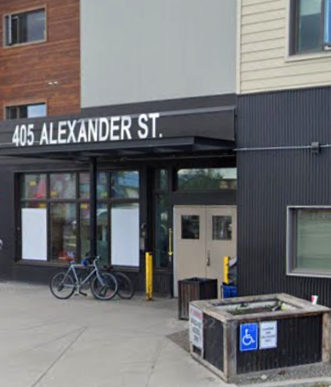 Coroner's Inquest sees footage of lifeless body ignored for more than 12 hours
Coroner's Inquest sees footage of lifeless body ignored for more than 12 hours
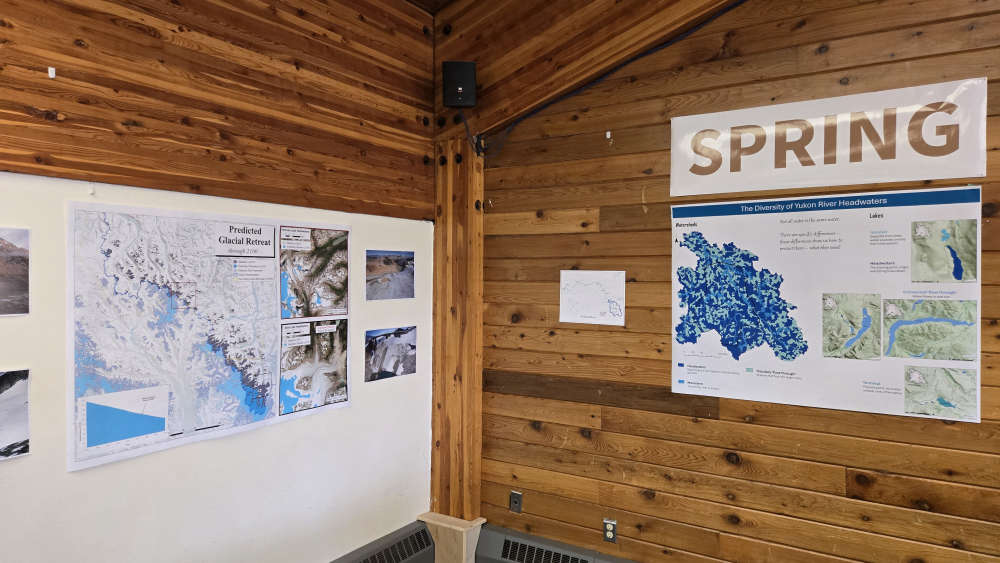 How We Walk with the Land and Water holds two open houses
How We Walk with the Land and Water holds two open houses
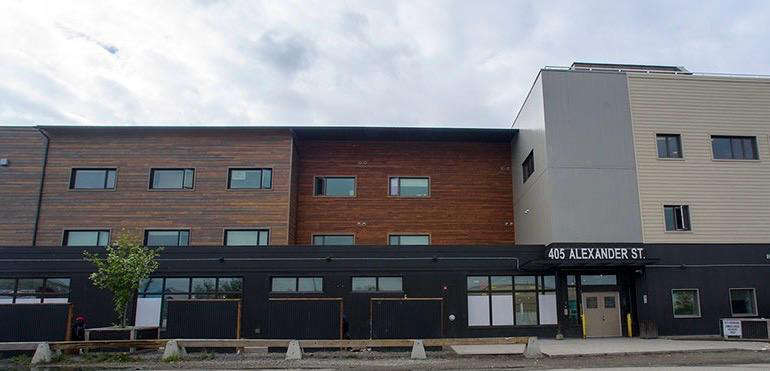 Whitehorse Emergency Shelter staff not trained for emergencies, inquest hears
Whitehorse Emergency Shelter staff not trained for emergencies, inquest hears
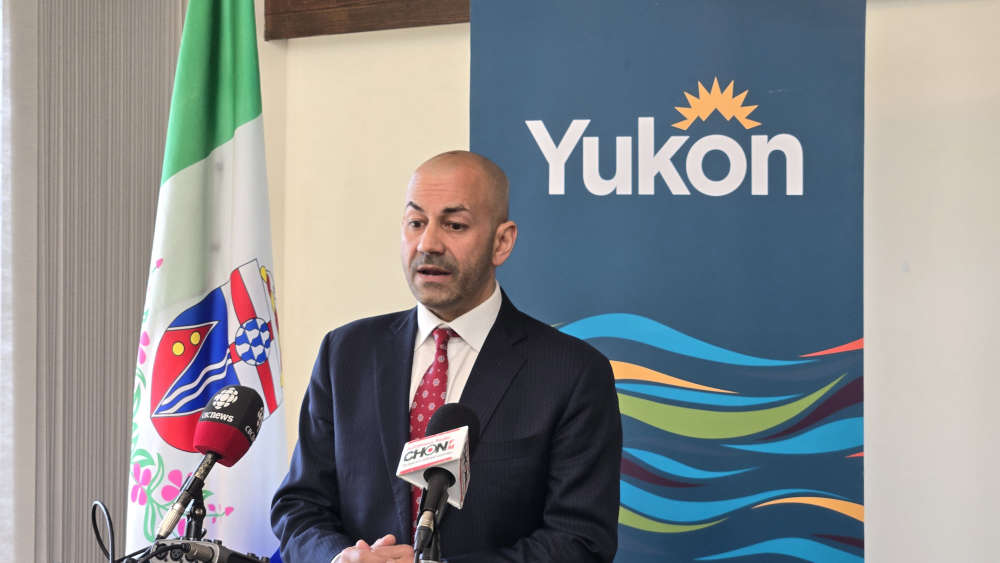 Premier pledges to meet with Yukoners living in tents to help them find housing
Premier pledges to meet with Yukoners living in tents to help them find housing
